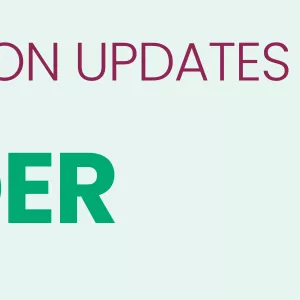Gender - COP29 Negotiation Updates
Kenya’s submission on gender and climate change, supported by CGIAR, emphasizes the need for a GAP that promotes tangible, grassroots-level climate action, including mainstreaming gender in national policies, mapping gender-related climate vulnerabilities (in agriculture, water, and energy), and appointing focal points to promote gender-sensitive climate policies. There is a need for more gender-responsive budgeting, tools for gender analysis, and

Gender - COP29 Negotiation Updates
Kenya’s submission on gender and climate change, supported by CGIAR, emphasizes the need for a GAP that promotes tangible, grassroots-level climate action, including mainstreaming gender in national policies, mapping gender-related climate vulnerabilities (in agriculture, water, and energy), and appointing focal points to promote gender-sensitive climate policies.
There is a need for more gender-responsive budgeting, tools for gender analysis, and better technical support to empower women, especially in agriculture, where climate resilience efforts are critical for food security. For the next GAP it is needed enhanced data use, support for women and youth in sustainable agriculture, and dedicated funding to strengthen gendered approaches to climate resilience.
Relevant documents:
- Progress, challenges, gaps and priorities in implementing the GAP
Related events:
- 21 Nov – Gender Day High-Level Event on Gender in Transparency
CGIAR submissions:
Summary 16 November, outcomes week 1
Negotiations highlighted significant tensions and sensitivities. Discussions focused on a revised draft COP decision, with many parties opposing any regression from previously agreed language. Concerns were raised about the inclusion of sensitive and discriminatory elements, including bracketing language on violence against women. Other Parties emphasized the importance of aligning the text with national principles and sensitivities, while civil constituencies criticized the discriminatory tone of parts of the draft. The matter was forwarded to COP on week two for further consideration, with calls for inclusive climate action and resistance to backtracking on commitments.
Final Text
The matter of gender came before the closing plenary in the early hours of Sunday morning with final text presented for approval. The outcome extends the Lima Work Programme for a period of 10 years and a review of the implementation of the Lima Work Programme will commence in 2029. Importantly, the SBI will commence work on the development of a new action plan in 2025 at the next SB session, to take place in June, and will also hold a technical workshop. A submissions process was opened up, with submissions due by 31 March 2025 on the subject of the format and scope of the in-session workshop.
Final agreed text can be found here: https://unfccc.int/documents/643485

